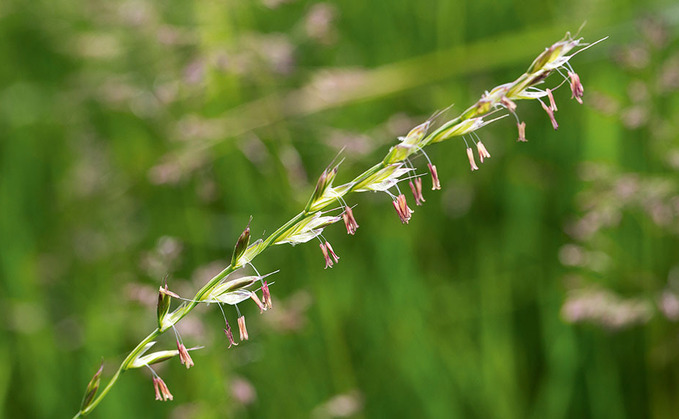
Growers interested in countryside stewardship can get a grant for a “two-year sown legume fallow” (option AB15). However, the long-term presence of legumes in the soil may build up pathogen pressure. Best...

Growers interested in countryside stewardship can get a grant for a “two-year sown legume fallow” (option AB15). However, the long-term presence of legumes in the soil may build up pathogen pressure. Best...